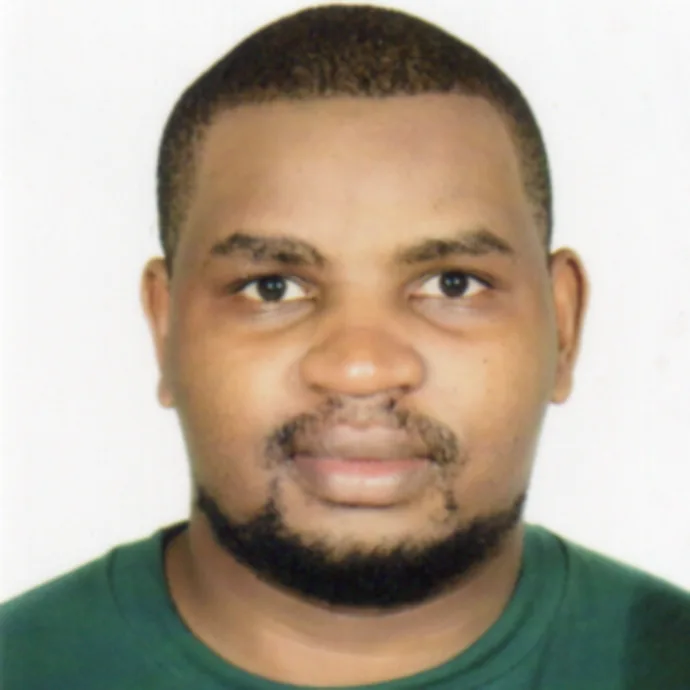Abstract
Antimicrobial use (AMU) in Tanzania and elsewhere in the low and middle income countries has been on an upward trajectory. In human and animal health alike, recent reports have indicated increased importation of antimicrobials supported by circulation and consumption in the value chain. In animal health, AMU has tremendously increased under the backdrop of a set of enablers witnessed in the demand for animal medicines including antibiotics. With the third largest livestock population in southern region of Africa, AMU might be inevitable in Tanzania. However, fieldwork experiences help build a remarkably deeper understanding of profound socioeconomic and material forces within and about antibiotics.
In a 10-month ethnographic study in rural Moshi, Kilimanjaro region, we interacted with farmers, veterinarians and agrovet operators in their daily lives. In a majority of unemployed rural population, livestock keeping is a key feature of socioeconomic composition, constituting a great percentage of household income and food security. Livestock keeping in the area is characterized by small-scale intensive- zero grazing production; with substantial capital investments. This is consistent with the growing demand for products such as eggs, milk and meat within and beyond. As such, while families rely on these products as source of household food, the ultimate goal is to build a livelihood to sustain other demands such as education, healthcare. There is therefore need for increased production at minimal cost. All these have dramatic consequences in the way antibiotics are used: for prophylaxis, growth promotion and therapy. Farmers compensate for poor animal production practices under the decline of rural livestock extension services. Faced with disease risk amid the pressure of returns on investment, antibiotics and other medicines are critical parts of production: protectors.
The complex contexts of AMU in livestock farming need to be understood in the theorization and practice of stewardship.
Bio

Alex is a medical anthropologist by training, with a focus on global health research. Currently a doctoral research fellow, Alex is an experienced qualitative researcher in topical areas within and about global health. He has actively participated in related research projects in various capacities and responsibilities. At the department of Community Medicine and Global Health, University of Oslo, Alex is part of the FAR: Antibiotic Trajectories project; working on Consumption of antibiotics. His PhD is based on an ethnographic fieldwork in rural Moshi, Kilimanjaro region of Tanzania. In the fieldwork, Alex aims to build a “thick description” of socioeconomic and material forces within and around animal medicines, including antibiotics. He has great interest and experience in teaching medical anthropology, research methods, and qualitative data analysis.
About the seminar series
This seminar is a part of the Medical Anthropology and Medical History Seminar Series (MAH). Sign up to our mailing list at sympa.uio.no to receive regular invitations.